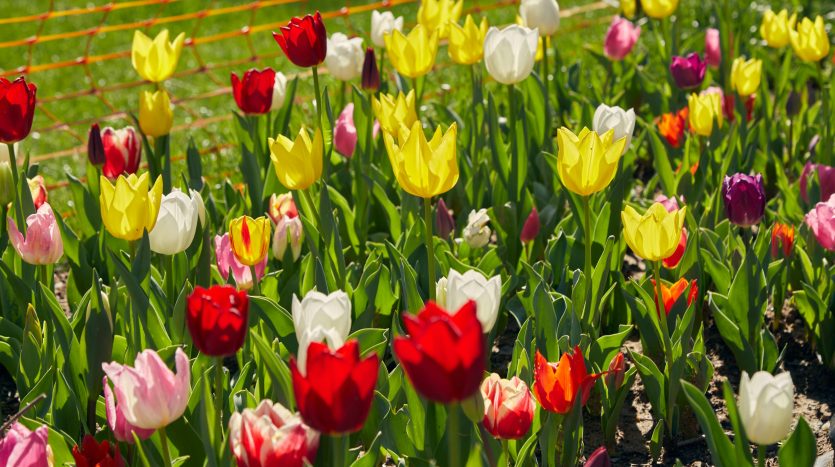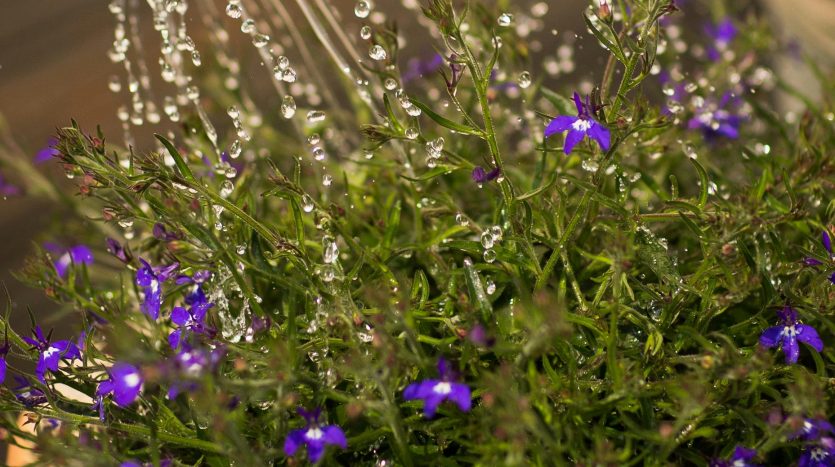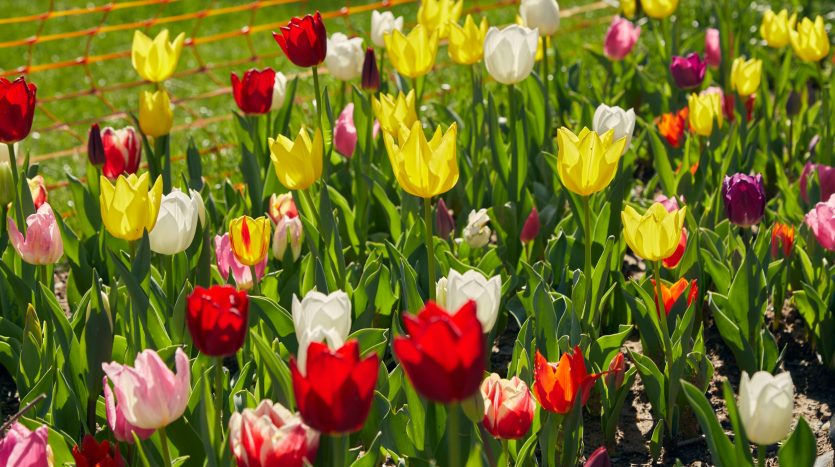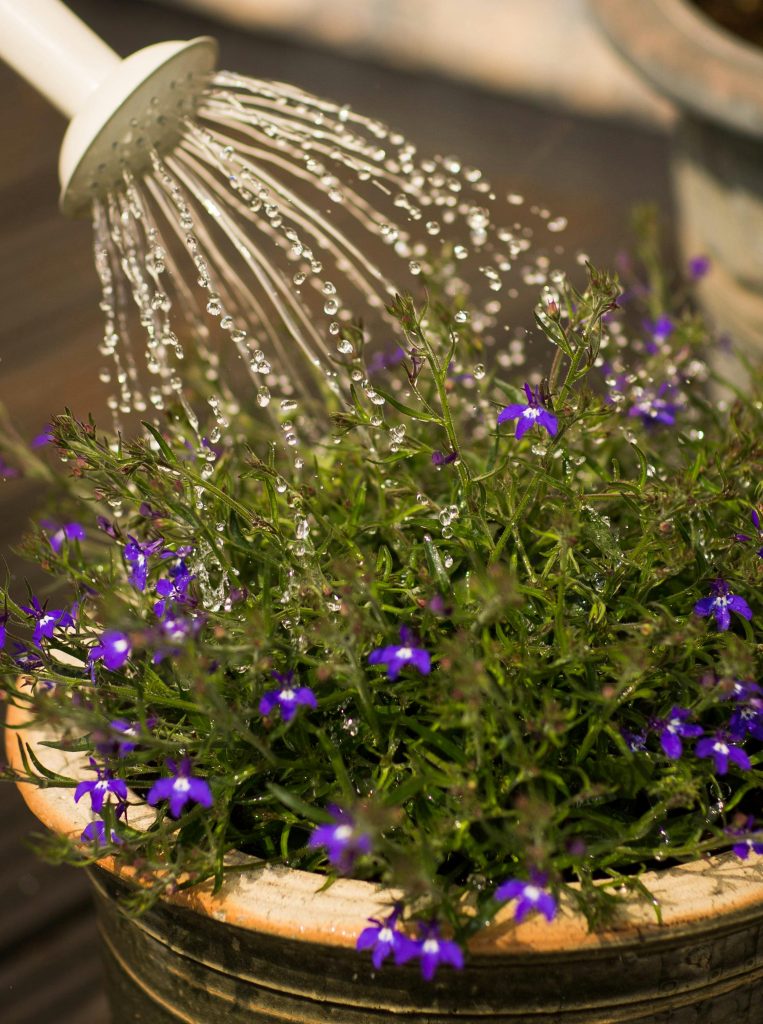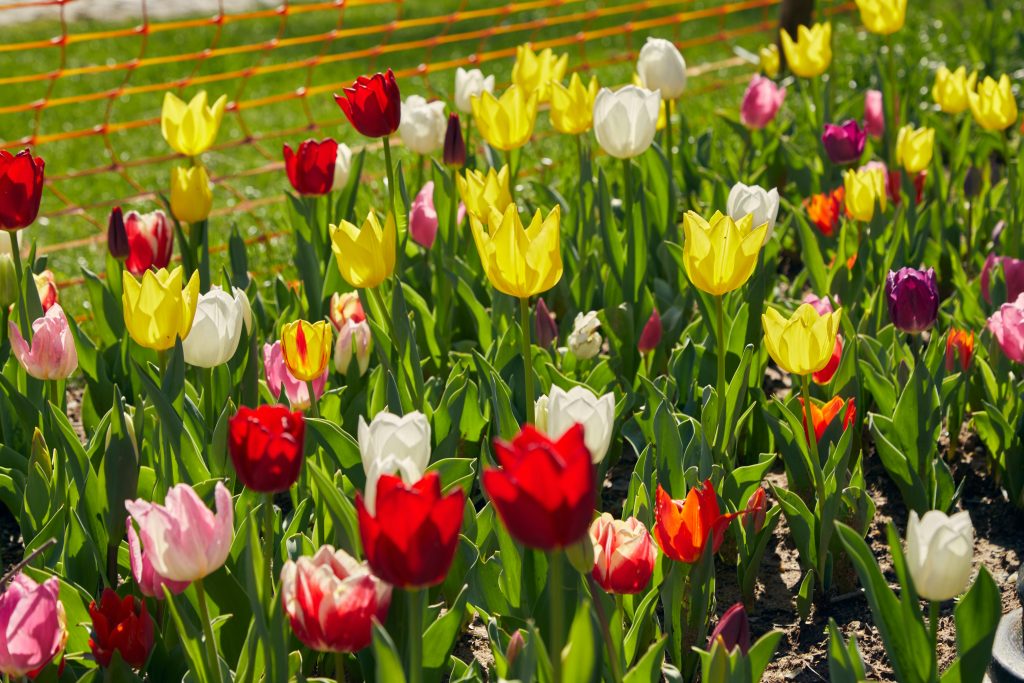Gardening Tips for Summer: A Guide for Tenants and Landlords
As the summer sun brightens up the UK, gardens and outdoor spaces in rental properties become more than
just green areas—they become extensions of the home. Whether it’s a tenant keen on growing herbs or a landlord
wanting to maintain kerb appeal, proper summer garden care adds value and enjoyment to any property.
At Twenty20 Estates, we believe a well-kept garden isn’t just about looks—it helps boost property standards,
supports neighbourly pride, and even enhances long-term tenancy satisfaction. Here’s how landlords and tenants
can work together to keep gardens flourishing this summer.
1. Know What the Tenancy Agreement Says
Before digging in—literally—tenants should check their tenancy agreement. Most standard Assured Shorthold
Tenancies (ASTs) include a basic clause:
“The tenant is responsible for maintaining the garden in a neat and tidy condition.”
This doesn’t mean landscaping or hedge trimming, but it usually covers:
• Mowing the lawn
• Weeding flower beds or patios
• Disposing of garden waste properly
Tip for landlords: Make sure expectations are clearly written in the agreement and discussed during check-in.
A simple welcome leaflet can go a long way.
2. Water Smartly
Summer in the UK can bring heatwaves followed by sudden showers. Overwatering or underwatering is
common, so here’s the balanced approach:
• Water in the early morning or evening to avoid evaporation
• Use a watering can, not a hose, if on a water meter
• Prioritise new plants or containers – grass can survive a dry spell
Tenants’ tip: A few pots of herbs or flowers are a great low-maintenance way to brighten patios or balconies
3. Keep It Trimmed and Tidy
A quick trim makes all the difference:
• Lawns: Mow every 1–2 weeks in summer. If it’s a shared garden, agree a rota.
• Bushes and shrubs: If they start blocking paths or light, mention it to the landlord.
• Climbers (like ivy or honeysuckle): Keep an eye on growth—they can creep into gutters or windows.
Landlords’ tip: If trees or large hedges are present, these remain your responsibility under most circumstances.
4. Don’t Forget Garden Waste
Tenants should dispose of green waste responsibly:
• Use the council’s garden bin if provided
• Avoid dumping in a corner of the garden or behind the shed
• If there’s no bin, landlords might consider providing one, especially in HMOs
Pro tip: Remind tenants of local council collection dates or drop-off points.
5. Add a Touch of Life (Without Redesigning)
Not all tenants want to take on full-time gardening—but many enjoy low-effort greenery:
• Planters with lavender, mint, or rosemary are great for scent and simplicity
• Hanging baskets or potted geraniums add instant colour
• Wildflower seed mixes encourage pollinators and can thrive even in partial sun
Landlord bonus: A simple, attractive outdoor space boosts property marketing photos and lets.
6. Communication is Key
As with any aspect of property management, clarity helps prevent garden-related disputes. Here’s what works:
• Include outdoor responsibilities in the inventory
• Share seasonal maintenance tips in tenant newsletters or check-in emails
• Offer advice on how to safely use outdoor taps, mowers, or tools (if provided)
Final Thoughts
A cared-for garden isn’t just a summer luxury—it’s a shared responsibility that helps everyone enjoy the
property to its fullest. With a little communication and regular upkeep, landlords and tenants can both take pride
in a vibrant, welcoming outdoor space.
At Twenty20 Estates, we’re here to support you—rain or shine. Need advice on garden maintenance, tenant
communications, or outdoor property checks? Get in touch today and we’ll be happy to help.

